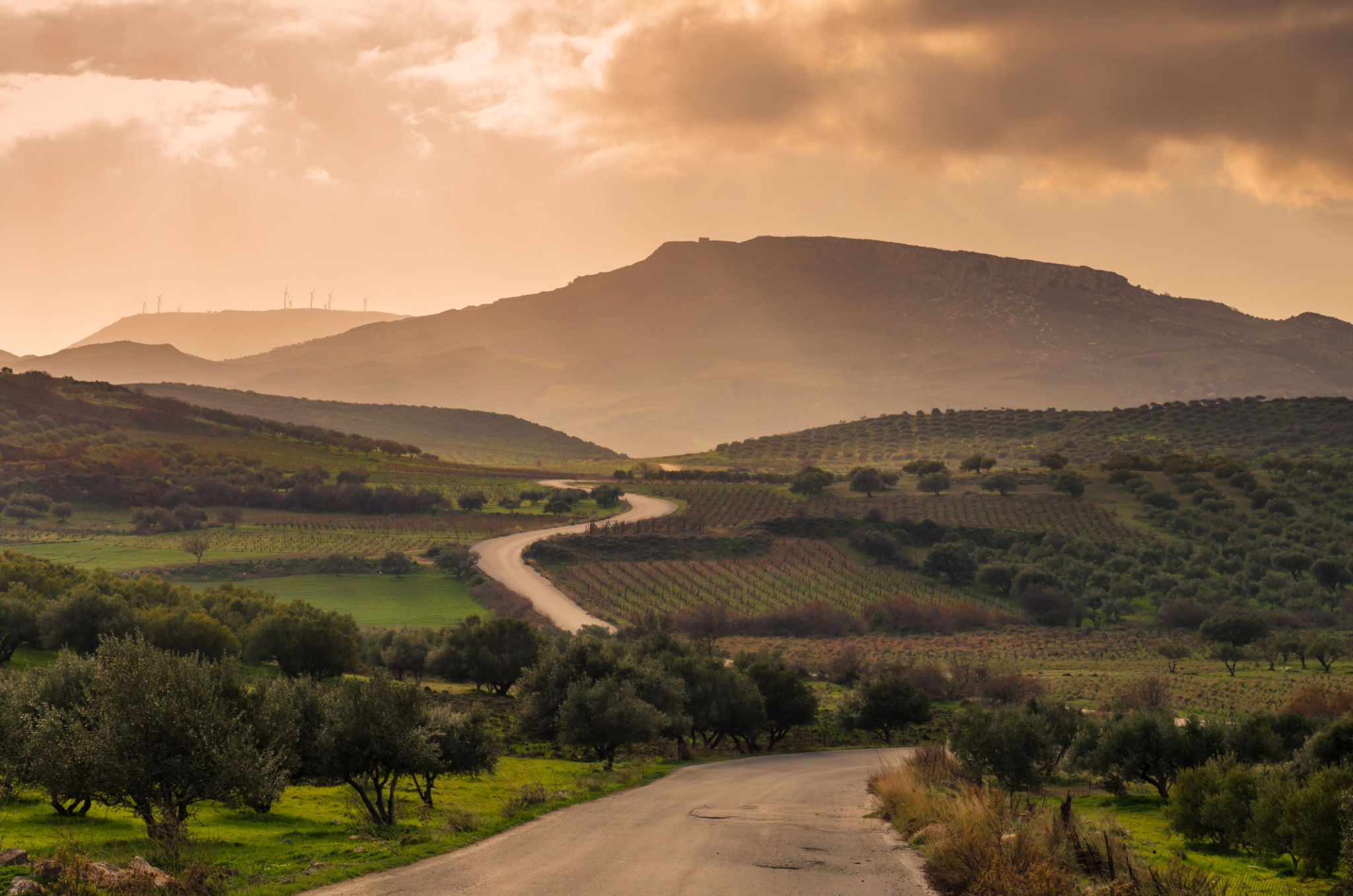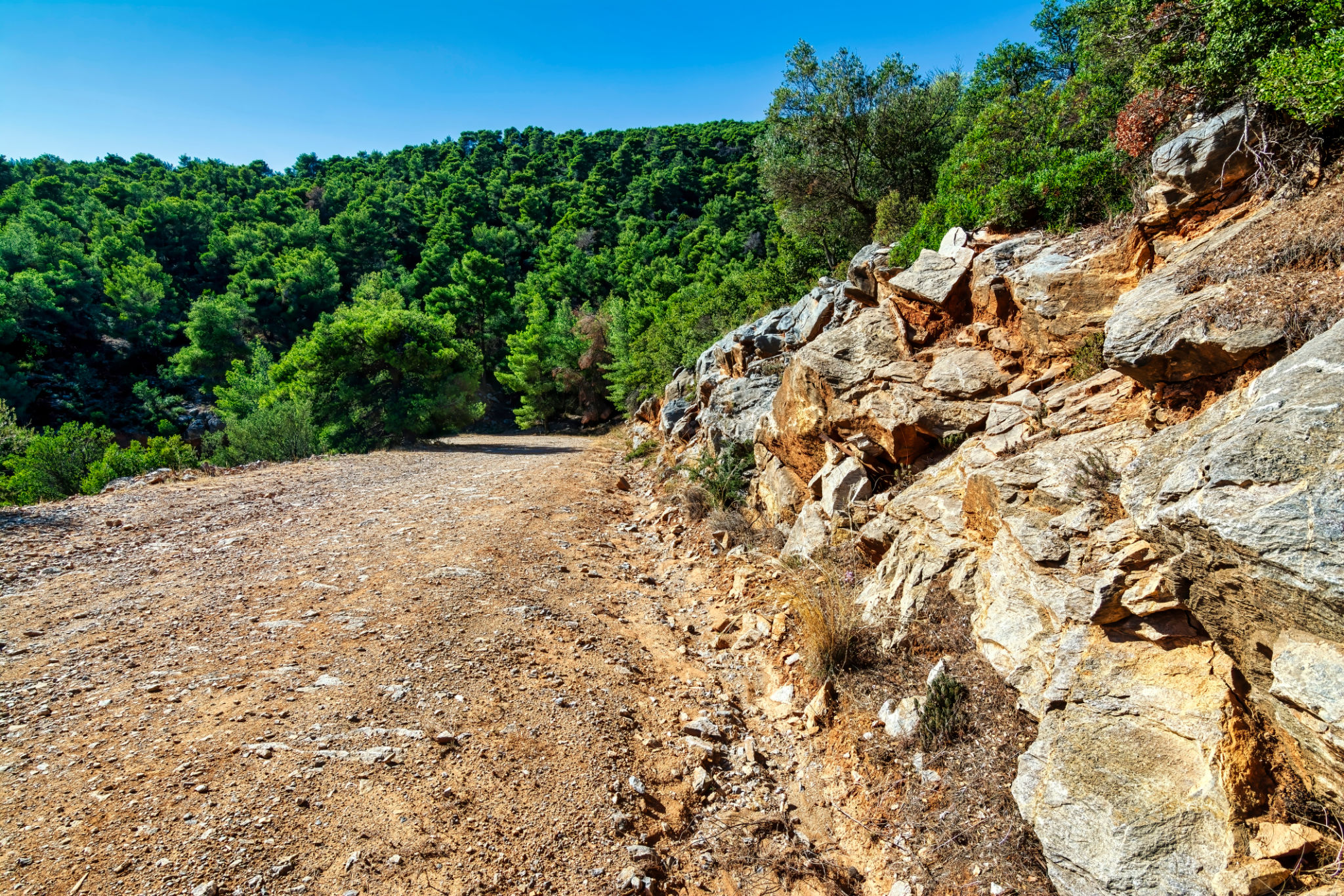Eco-Friendly Tourism in Rural Greece: How to Plan a Sustainable Trip
Understanding Eco-Friendly Tourism
Eco-friendly tourism, also known as sustainable tourism, focuses on conserving the environment, respecting local cultures, and supporting community economies. In rural Greece, this approach offers a unique opportunity to explore breathtaking landscapes while contributing positively to the region's preservation and development.

Choosing Sustainable Accommodations
When planning your trip, selecting accommodations that follow sustainable practices is crucial. Look for lodgings that prioritize energy efficiency, water conservation, and waste management. Many rural guesthouses and eco-lodges in Greece are committed to minimizing their environmental footprint by using renewable energy sources and supporting local products.
Certification Matters
To ensure you're choosing a truly eco-friendly place to stay, check for certifications from recognized sustainability programs. Labels like Green Key and Travelife can help you identify accommodations that adhere to strict environmental standards.

Supporting Local Communities
Engaging with local communities is an essential aspect of eco-friendly tourism. By purchasing local products, dining at family-owned restaurants, and participating in community-led tours, you can contribute to the economic well-being of the region. This support helps preserve traditional crafts, cuisines, and ways of life.
Participate in Cultural Experiences
Seek out opportunities to learn about local traditions through workshops or festivals. These experiences not only enrich your understanding but also provide income for local artisans and performers.

Exploring the Natural Landscape Responsibly
Rural Greece is home to stunning natural beauty, from olive groves to mountainous terrains. To explore these areas responsibly, stick to marked trails and avoid disturbing wildlife. Consider hiring a local guide who can offer insights into the region's ecology while ensuring that your presence has minimal impact.
Adopt Leave No Trace Principles
The Leave No Trace principles are a set of guidelines that encourage travelers to minimize their environmental impact. These include planning ahead, disposing of waste properly, and respecting wildlife. By following these guidelines, you help preserve Greece's natural wonders for future generations.

Traveling with a Smaller Carbon Footprint
Transportation can significantly impact your trip's sustainability. Opt for public transportation when possible, such as buses or trains, which offer scenic routes through the Greek countryside. If renting a car is necessary, choose a fuel-efficient model or consider carpooling with other travelers.
Offset Your Carbon Emissions
To further mitigate your impact, consider offsetting your travel-related carbon emissions by supporting environmental projects. Many organizations offer programs that allow you to invest in renewable energy or reforestation efforts.
Conclusion: Embrace the Journey
Eco-friendly tourism in rural Greece not only allows you to enjoy its rich history and natural beauty but also supports sustainable practices that benefit local communities and the environment. By making mindful choices in accommodations, activities, and transportation, you can ensure your trip leaves a positive legacy.
